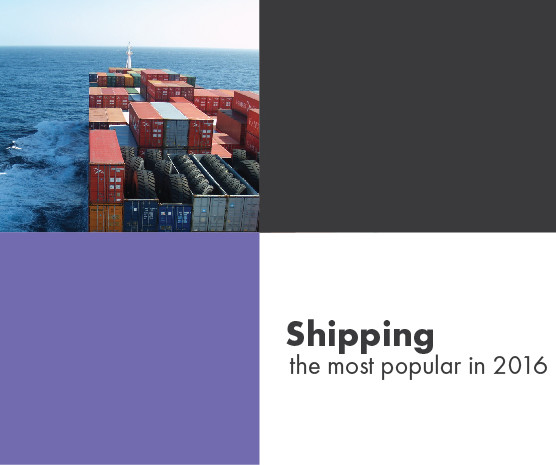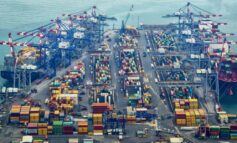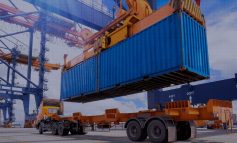PortEconomics is celebrating the ending of 2016 recapping the articles that have captured the interest of the visitors of our web initiative so far for 2016.
Our most popular papers on Shipping in 2016 were:
1. The Hanjin shipping bankruptcy: how big of an impact?
For many years, the shipping industry has been in a situation of overcapacity, which was depressing rates and impairing the profitability of shipping lines, writes PortEconomics member Jean-Paul Rodrigue. To make matters worse, almost every major shipping line was ordering larger containerships, caught in a vicious circle of trying to boost profitability with economies of scale. Capacity was growing faster than demand. In such as setting, there were discussion and rumors within the industry about which major shipping company would fold first in an environment that underlines limited future growth prospects and zero-sum game competition. In September 2016, the Korean company Hanjin Shipping filed for bankruptcy, which represents the largest bankruptcy in the shipping industry in recent years. [Link]
2. The puzzle of shipping alliances
Given the dynamics of expansion strategies among carriers, maritime alliances have been increasing these last years and nowadays the world liner fleet is dominated by few of them. To better understand this and the puzzle of shipping alliances, PortEconomics member Ricardo Sanchez along with Lara Mouftier are analyzing its evolution and its effects on the current market situation. [Link]
3. Strategic importance of maritime clusters in the ocean economy
PortEconomics member Jean-Paul Rodrigue gave a presentation on the strategic importance of maritime clusters in the ocean economy and his interesting presentation on blue economy. [Link]
4. The impact of the Panama canal expansion on Panama’s maritime cluster
PortEconomics associate member Grace Wang, along with Anthony Pagano, Onésimo Sánchez, Ricardo Ungo and Eddie Tapiero examined the economic impact of the Canal expansion on Panama’s maritime cluster. [Link]
5. Connecting global cities by maritime networks: an empirical study (1890-2010)
The latest research of PortEconomics associate member César Ducruet, along with Sylvain Cuyala and Ali El Hosni, contributes to question the ineluctable separation between ports and cities which dominated the literature, while offering new empirical evidence about the structure and dynamics of city-systems and spatial networks in general. [Link]












